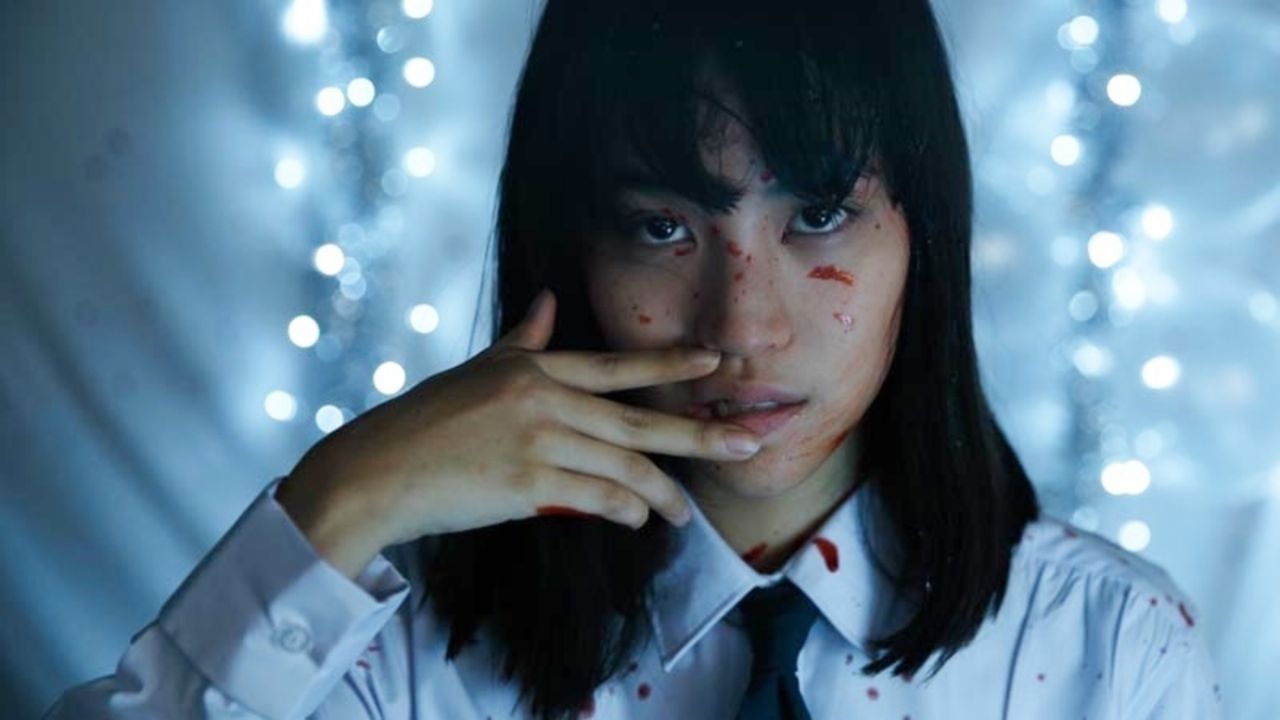The Realistic Portrayal of Argentina in “La Chica Nueva”
Through the captivating story of a girl’s journey to Tierra del Fuego in search of her long-lost brother, the film “La Chica Nueva” offers a remarkably realistic portrayal of Argentina. While it may seem like a typical coming-of-age narrative at first glance, the directorial debut of Micaela Gonzalo transcends genre conventions, effectively tackling a multitude of themes and providing a profound depiction of Argentinian society. The impact of the film will resonate differently with each viewer, depending on their own experiences and perspectives.
A Journey of Discovery and Identity
The protagonist of “La Chica Nueva,” Jimena, decides to escape a life of poverty and ventures on a 36-hour journey to Rio Grande, where her brother Mariano resides. The film deliberately keeps the details of Jimena’s past a mystery, focusing instead on her present life. She finds herself living on the streets, breaking into places for shelter, and resorting to selling stolen items to make ends meet. The nonlinear storytelling and character development in the film eschew conventional approaches, allowing the audience to witness a raw and authentic representation of Jimena’s reality.
An Authentic Portrait of Argentinian Society
Within “La Chica Nueva,” the filmmakers explore issues of privilege, inequality, and exploitation that plague Argentinian society. Jimena eventually finds employment at a factory notorious for exploiting its workers, offering minimal job security. The film reveals a world where good people are pushed to do bad things out of fear, necessity, or habit. Boundaries are constantly crossed, and allegiances shift based on personal gain. A prevailing theme emerges, highlighting the male-dominated society that blames women for society’s ills, only to rely on them when men face the consequences of their actions. It’s a harsh, violent reality that Jimena confronts, and while hope finds its place in the narrative, the filmmakers opt for a realist approach that aims to raise awareness rather than provide easy solutions.
Narrative Complexity and Underlying Societal Issues
“La Chica Nueva” unfolds with a straightforward plot as Jimena seeks support from her brother Mariano, who allows her to stay at his apartment and helps her secure a job at the factory where he works. There, she forms connections with fellow coworkers, particularly Martina, who exhibits unexpected kindness towards Jimena. However, the factory employees are overworked and underpaid, leading to the organization of a strike during a pivotal moment when Jimena’s brother desperately requires her assistance. As Jimena starts to feel a sense of belonging, she finds herself facing an important decision that will shape her destiny.
Beneath the surface, “La Chica Nueva” skillfully captures the nuances of Argentinian society through subtle details. It exposes the normalization of shady, illegal activities, such as selling stolen items, which have become ingrained within the system. The film prompts viewers to reflect on their own privilege, realizing that some experiences and struggles are unique to those who truly live through them. The society depicted in the film is one where self-interest prevails, and individuals grapple to find a genuine sense of community. Whether it’s underpaid workers fighting for their rights or siblings attempting to reconnect, the film intertwines these dynamics, shedding light on the complex fabric of Argentinian society.
The Expectations Placed on Women
The relationship between Jimena and Mariano serves as a significant aspect of the film, exposing societal expectations thrust upon women. Throughout the narrative, Mariano’s moral compass undergoes constant evolution, only showcasing kindness and support when Jimena aligns with his desires. Ironically, Mariano’s requests are often inconsistent, discouraging Jimena from stealing while simultaneously involving her in his own illegal schemes. He assumes control over her fate, such as when he purchases a razor for her and requests she shave his beard, disregarding her autonomy and self-determination. Jimena frequently bears the repercussions of her own initiatives, enduring violent outbursts from a man oppressed by his repressed emotions. Yet, she repeatedly becomes his savior when he needs her most. This unhealthy dynamic serves as an alarming reflection of ingrained societal norms, where personal freedom is sacrificed for the maintenance of traditional power dynamics. Even as the factory workers express their dissatisfaction with exploitative labor practices, they seldom consider addressing personal issues.
An Exceptional Realistic Depiction of Argentina
While “La Chica Nueva” staunchly advocates for workers’ rights and collective action, its authentic portrayal of Argentinian society extends far beyond political commentary. The film emphasizes that there are no clear heroes or villains, but rather victims entangled in a flawed system governed by inequality and uncertainty. The carefully crafted screenplay, coupled with Mora Arenillas’ exceptional performance as Jimena, echoes societal issues while offering a much-needed dose of empathy. “La Chica Nueva” engrosses viewers with its multifaceted characters and leaves a lasting impression that will resonate long after the credits roll.
Frequently Asked Questions (FAQs)
1. Does “La Chica Nueva” accurately reflect contemporary Argentinian society?
Yes, “La Chica Nueva” presents a remarkably realistic depiction of Argentinian society, capturing prevalent issues such as inequality, exploitation, and the struggle for social justice.
2. How does the film address gender dynamics in Argentinian society?
The film highlights the expectations placed on women, showcasing the power dynamics and imbalance in relationships. It raises awareness of the need to challenge deeply-rooted societal norms.
3. Can viewers from different backgrounds relate to “La Chica Nueva”?
Absolutely. While the film captures specific aspects of Argentinian society, its themes are universal, allowing viewers from diverse backgrounds to empathize with the characters’ struggles and experiences.
4. Is “La Chica Nueva” a typical coming-of-age film?
While the film incorporates elements of coming-of-age storytelling, it transcends the typical conventions of the genre by tackling a wide range of themes and offering a complex, multi-dimensional narrative.
5. How does “La Chica Nueva” leave an impact on its audience?
The film immerses viewers in the reality of Argentinian society, initiating important conversations and prompting reflection on privilege, inequality, and the need for collective action. Its empathetic storytelling resonates deeply.
Conclusion
With its mesmeric portrayal of a girl’s journey to discover her identity and reconnect with her brother, “La Chica Nueva” stands as a testament to the power of cinema in capturing the essence of a nation. It fearlessly exposes the harsh realities and societal complexities of Argentina, leaving viewers both captivated and introspective. Micaela Gonzalo’s directorial debut conveys a nuanced narrative that unveils the multifaceted layers of Argentinian society, leaving an indelible mark on those who embark on Jimena’s transformative odyssey.


